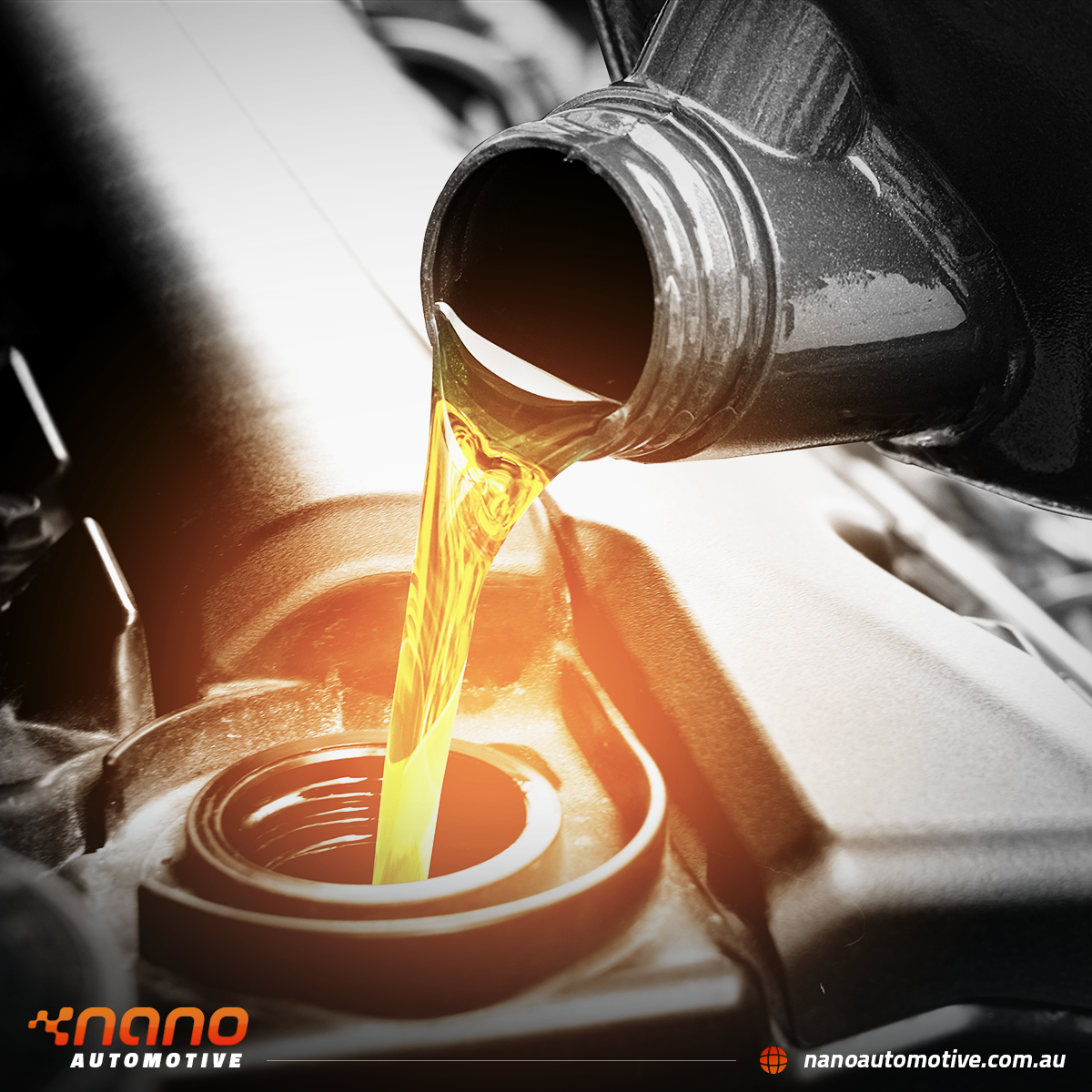Latest Blog
How Often Should You Change an Engine Oil in your European Car?
- 29 May 2024
- |
- Performance

Maintaining your car’s engine is a crucial responsibility of every single vehicle owner. Among the various maintenance tasks, changing the engine oil stands out as one of the most fundamental. Yet, determining how often to change the oil can be a source of confusion for many drivers.
In this comprehensive guide, we’ll explore the intricacies of engine oil change frequency, emphasizing the importance of consulting with experts as well as how to find the best car mechanic in Perth or a trusted auto care shop in your area.
Understanding the Basics
Engine oil plays a pivotal role in the functionality and longevity of your car’s engine. Acting as a lubricant, it reduces friction between moving parts, prevents corrosion, and helps dissipate heat.
However, over time, oil deteriorates, losing its viscosity and accumulating contaminants like dirt, debris, and combustion by-products.
What is the Oil Change Frequency?
Several factors influence how often you should change your car’s engine oil:
1. Driving Habits: Your driving style and conditions significantly impact oil change frequency. If you frequently engage in stop-and-go traffic, haul heavy loads, or subject your vehicle to high-speed driving, your engine works harder and thus requires more frequent oil changes.
2. Manufacturer’s Recommendations: Every vehicle comes with a manufacturer’s manual that outlines recommended maintenance schedules, including engine oil change intervals. While the standard guideline is typically every 5,000 to 10,000 kilometers, this can vary based on your car’s make, model, and year.
3. Oil Type: The type of oil you use matters. Synthetic oils generally last longer than conventional oils and may allow for extended oil change intervals. However, it’s essential to adhere to the manufacturer’s recommendations regarding oil viscosity and compatibility.
4. Environmental Conditions: Extreme temperatures both hot and cold can affect oil viscosity and performance. If you regularly drive in such conditions, you may need to change your oil more frequently to ensure optimal engine protection.
Consulting with Experts
When in doubt about your oil change schedule, it’s wise to seek guidance from professionals and consult with an Auto care shop. these experts possess the knowledge and experience to assess your vehicle’s needs accurately. By evaluating factors like your driving habits, environmental conditions, and the specific requirements of your car’s engine, they can recommend the best maintenance plan.
General Automotive Repair Service
In addition to oil changes, regular visits to a general automotive repair service are essential for holistic vehicle care. These establishments offer a comprehensive range of services, including car engine repair and diagnostics. By addressing potential issues early on, you can prevent more extensive—and costlier—repairs down the road, ensuring your car remains reliable and safe to drive.
Importance of Timely Oil Changes
Neglecting regular car engine oil changes can have dire consequences for your car’s engine. As oil ages and degrades, it becomes less effective at lubricating and protecting engine components. Increased friction and heat can lead to accelerated wear and tear, compromising engine performance and longevity. By adhering to a consistent car oil change schedule, you can mitigate these risks and preserve your engine’s health for years to come.
Conclusion:
In the realm of car maintenance, few tasks are as critical as changing the engine oil regularly. By understanding the factors influencing oil change frequency and seeking guidance from experts, you can ensure that your vehicle remains in optimal condition. Don’t underestimate the significance of this seemingly simple maintenance task – it’s the key to safeguarding your car’s engine and maximizing its lifespan. Embrace a proactive approach to automotive care, and reap the rewards of a reliable and well-maintained vehicle.

